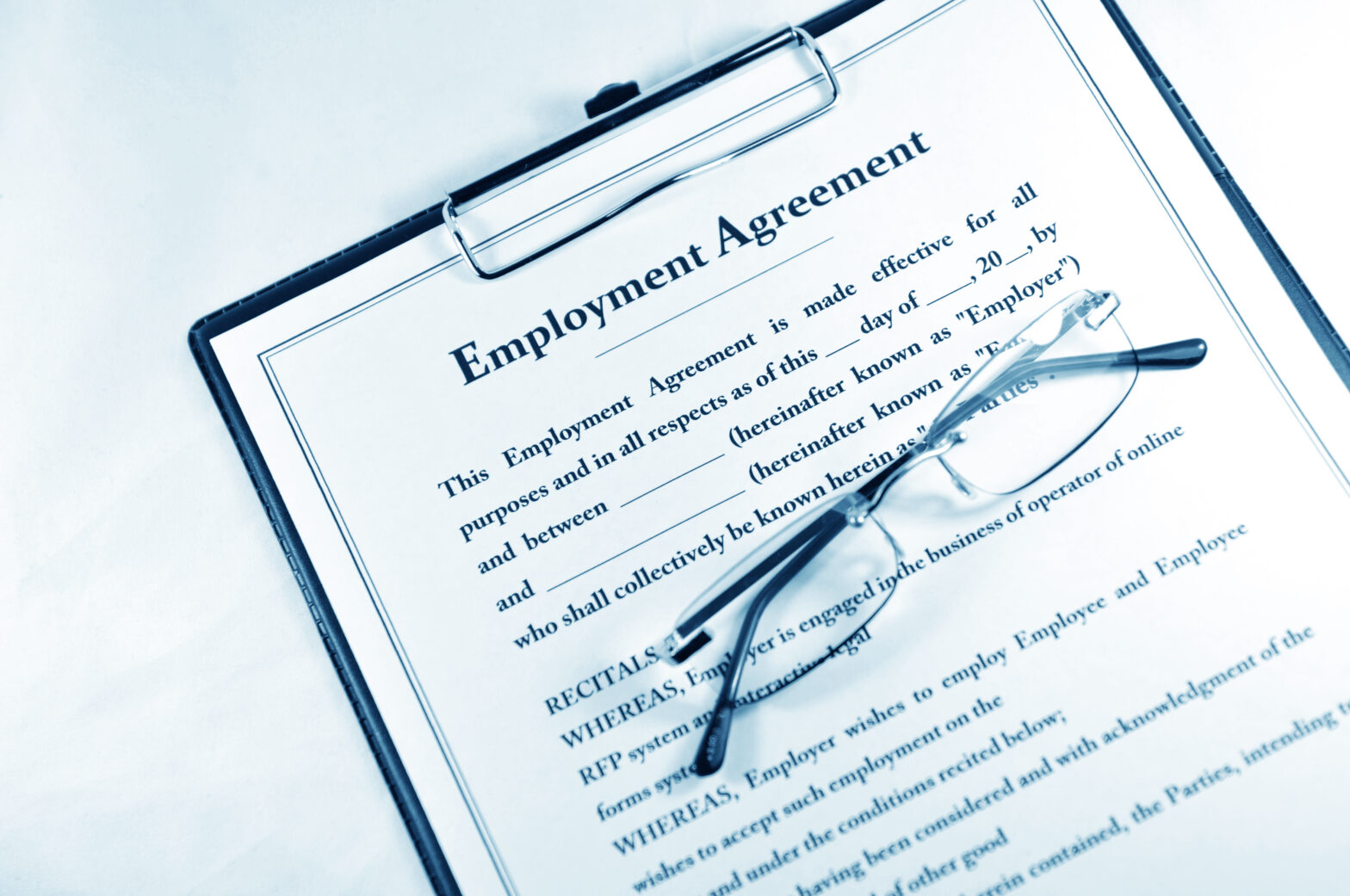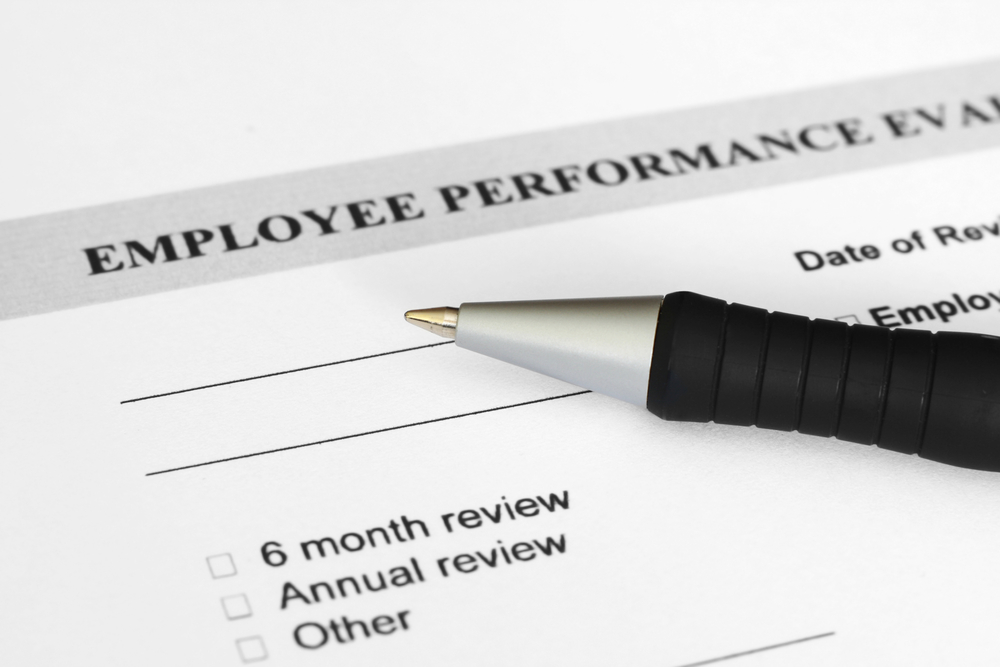Recent research by Kronos reveals that more than a third of employees (35 per cent) expect the European Championships to cause more absenteeism than Wimbledon (18 per cent) and the Rio Olympics (11 per cent) combined.
Martin Noone, managing director at Legal & General Workplace Health & Protection says that absenteeism within a workforce has the potential to seriously affect a business’s productivity levels if not properly addressed by the employer.
‘Recent Legal & General research has shown that absenteeism costs UK businesses on average over £120,000 per year and nearly seven out of ten employers we surveyed said absenteeism was a growing issue for their businesses,’ he adds.
‘It can have a direct impact on productivity as some businesses, particularly SMEs, employ individual staff for specialist tasks, meaning their absence from work could dramatically affect the service or product that business provides.’
One of the easiest options for employers, although it might not be preferable to all, would quite simply be to allow employees the opportunity to watch the important games, particularly those involving the home nations, while they are at work, as we explore in this piece in association with Boost Capital.
Jacob Demeza-Wilkinson, consultant at ELAS says, ‘The advantages of this are that there would only be a two-hour break from work, rather than employees missing full days.
Of course the disadvantages with this are that there would be an additional two-hour break in the day on top of normal breaks/lunches etc so productivity would still be somewhat affected.’
It is also important to note here that employers should ensure that they have a TV licence if they intend to show the football, as one is required to show any live TV.
Offering rewards to staff
Demeza-Wilkinson says an alternative would be to offer rewards/bonuses throughout the period of the tournament for good attendance or good performance.
‘This will provide staff members with an incentive to attend work during times where matches may be on, as otherwise they could jeopardise or lose the right to any additional bonuses,’ he adds.
‘These bonuses could be simply in the form of additional wage, or they some other form of reward for the employee, perhaps vouchers or even gifts.’
A third option, which again would not suit all employers, would be to offer staff the option to move to a flexi-time arrangement during the remainder of the tournament, or to implement TOIL.
This way, an employee could take the time off to watch an important match, and could then work towards making up the time that they have missed either before they have the time off, or afterwards. This will only work for employers that can accommodate this type of flexibility.
Deana Bates, Employment Law solicitor at Simpson Millar, says that being prepared as an employer is key to ensure that sufficient cover is maintained in all departments and maintain disruption, at the same time as not spoiling the fun of the Euros.
‘In an attempt to avoid an increase in ‘sick calls’ where matches fall within or close to working hours, employers could take the view that employees can take a half day off and work the hours back at a later date,’ she suggests.
This approach would permit employees to watch the match they did not want to miss and also reduce the chance of absenteeism for the purpose of watching the football.
‘If employers were to take this approach it would be sensible to limit this option to a set number of requests per employee and also per match; dealt with on a first-come-first-served basis to control disruption.’
Reduce absenteeism: Make things flexible
Employers could also opt for an office/department vote on flexing lunch breaks to allow those employees who wish to watch the match, either go to the nearest place showing it to the public or where there is a TV in the office to watch it there.
‘Employers must take care with this approach not to breach the minimum rest break provision of an uninterrupted 20 minute break where working more than six hours.
This approach can work in incentivising employees to be productive in their role, with their eye on the prize of being able to watch the football,’ Bates says.
Employers in target driven environments could consider incentives of a trip to the local pub/restaurant showing the football match, with a free lunch if a set target is hit.
‘This is a way of using the Euros to boost morale in the workplace. Employers should set out guidelines to any such incentives, to minimise disruption and also remind employees of the rules regarding alcohol consumption and returning to work,’ Bates adds.
Office sweepstakes and themed snacks/buffet food based on the countries playing that day, are all fun ways for employers to use the Euro 2016 as an opportunity to bring employees together and network around the office, increasing morale and lowering the chance of absenteeism.
‘While there can undoubtedly be negative issues for employers to overcome as a result of such a major sporting event, those who are prepared can also bring out positives in the workplace by joining in with the build-up of the event to some extent.’
Unplanned absences are more expensive to manage than those you know are coming, so to avoid people ‘calling in sick’ consider flexible start and finish times to enable staff to watch games with early and late kick-offs.
‘But make sure that you have a system in place to cope with monitoring the change in work patterns,’ says Neil Pickering, industry and customer insight manager at Kronos.
‘Alternatively you could join in – rather than hindering staff enthusiasm over the World Cup, go with it – install a TV in the staff room; sit down and enjoy the matches with your staff – and with a bit of luck, you’ll improve staff morale for long after the ref blows the final whistle.’





